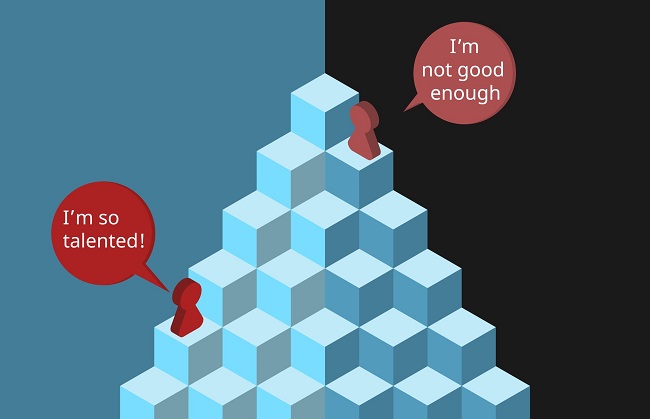Jan 08, 2026
Jan 08, 2026
A Hidden Pitfall of Perception or a Gateway to Self-improvement?
Have you ever found yourself supremely confident about a task, only to realize later that your confidence was misplaced? Or perhaps you've encountered someone boldly professing knowledge they clearly lacked? What if these incidents are not isolated but part of a broader psychological phenomenon known as the Dunning-Kruger Effect?

The Dunning-Kruger Effect, a term coined by psychologists David Dunning and Justin Kruger, describes a cognitive bias where people with low ability at a task overestimate their proficiency, while those with high ability tend to underestimate their skills. It's like stumbling around in a mental fog, blind to our own incompetence or brilliance. But what makes us prone to such a paradox, and more importantly, what can we learn from it?
At its core, the Dunning-Kruger Effect is an intriguing tale of self-perception and its relationship with reality. Those in the grip of this effect may stride with the misplaced confidence of a king, convinced of their expert knowledge, while the real experts modestly underestimate their competence.
Ironically, the very skills required to be proficient in a task are often the same skills needed to evaluate competence accurately. This renders the less skilled unable to recognize their own inadequacy, forming a kind of cognitive blind spot. Conversely, highly competent individuals might assume that their skills are commonplace, leading to the erroneous conclusion that they are 'average'.
The Dunning-Kruger Effect, though it might seem like a quirk of human psychology, offers significant actionable lessons. It calls us to constantly question our self-perception, to remain open to feedback, and to commit to a lifelong journey of learning and self-improvement.
By recognizing the Dunning-Kruger Effect in ourselves, we can actively work towards bridging the gap between perception and reality. It encourages humility in our abilities and fosters an environment that celebrates continuous learning, an essential tool in both our personal and professional lives.
So, how do we employ these insights? Start by questioning your assumptions. Embrace the power of "I don't know." Seek feedback and be open to constructive criticism. And remember, the path to mastery is long and winding; it demands patience, resilience, and the understanding that competence grows with experience and learning.
As we wrap up this introspective journey into the Dunning-Kruger Effect, let's take a moment to reflect. Are there areas in your life where your confidence might be misplaced? Are you underestimating your talents, believing them to be ordinary? And more importantly, are you ready to embrace the idea of continuous learning and self-improvement?
After all, isn't self-awareness the first step towards growth and development? Could acknowledging our cognitive biases, like the Dunning-Kruger Effect, bring us closer to understanding ourselves and others better? Perhaps the secret to competency lies not in unwavering self-assuredness but in the constant pursuit of knowledge and the courage to question our own perceptions. What do you think?
Image (c) istock.com
22-Jul-2023
More by : P. Mohan Chandran

|
'Perhaps the secret to competency lies not in unwavering self-assuredness but in the constant pursuit of knowledge and the courage to question our own perceptions.'. This is indeed, a very profound and enlightening statement. But, now I find from the enlightened to uneducated invariably show a high sense of self esteem. Yes. It is needed for every individual. But, many times, it is shown in the form of arrogance. which marks the lack of introspection. |